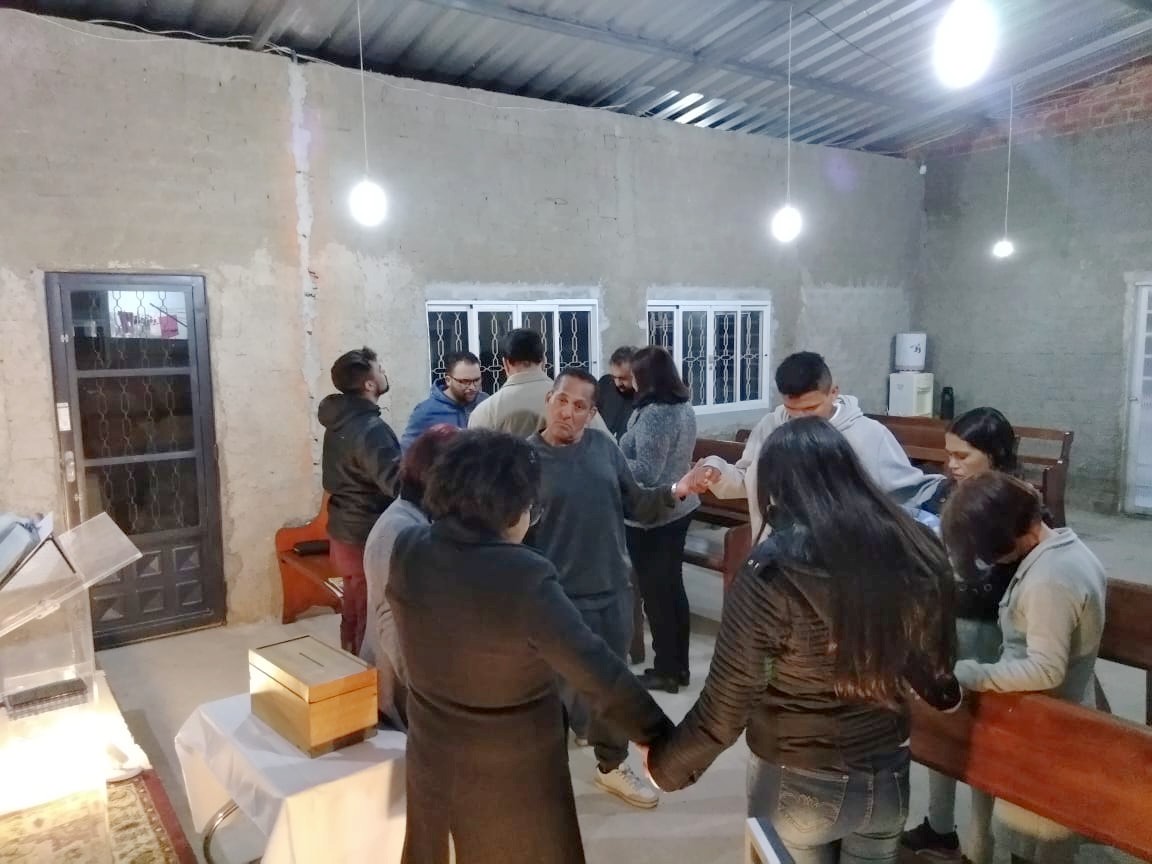Brazil
For many Brazilian evangelicals, Pentecost is not a one-time event of the past. There is a clear awareness of the Spirit in daily life. About 70 percent of evangelical churches in Brazil are Pentecostal and the others are influenced by the Pentecostal movement.
Factors that influence our view of Pentecost
We don’t have a tradition of critical thinking in Brazil. We live with the expectation that God will change my life through a wonderful work of the Holy Spirit, as evidenced through the first outpouring at Pentecost.
Another factor that influences us is Spiritism. With influences from the practices of Umbanda, when supernatural manifestation occurs, Brazilians tend to accept what is going on without questioning or discerning if we are dealing with the Holy Spirit or other spirits.
When we hear reports of supernatural manifestations in a church, we want to see it with our own eyes to experience what God is doing today. We often read without historical awareness. In Acts 2, we skip past the wind and the proclamation aspect: the “real thing” is tongues – proof that God is at work and that we are his special people. If it happened in those days, it could and should happen again to us today (Mark 16:17–18).
This perception is so strong that those who are not of the Pentecostal camp feel they are missing something. Often, as some ask themselves why these supernatural manifestations do not occur to them or in their church today, they blame themselves for not being open for the Spirit. Others become defensive, asking if the manifestations (tongues, healing, prophecy) really change the lives of those who claim to have these gifts.
Seeking the Holy Spirit
However, neither response helps us to understand what Luke was trying to tell us.Our reading then becomes not a search for the meaning in the text, but a meaning “for me.”
When we talk about the Holy Spirit, we are often not really concerned with the Holy Spirit, but what the Spirit can give us: power.
The same worldview dominates our reading of the Gospels. There is no concern with the crucial question the Gospel writers try to get across: “Who in the world is this Jesus?” Our reading is: “What can this Jesus do for me?”
What scares us is that this question already appears in the Gospels when Jewish leaders wanted Jesus to perform a miracle before them (Matthew 12:39), or Herod, when he wished to be entertained with a miracle (Luke 23:8–9). The answer Jesus gave the Jewish leaders was the sign of Jonah, and to Herod, Jesus did not speak a word.
In our pragmatic search for the power of the Spirit, we look for personal benefits from the Spirit instead of authentic worship. In this sense, we need to hear the words of A.W. Tozer: “Whoever seeks God as a means toward desired ends will not find God.” This raises an intimidating question: If these people don’t find God, whom or what are they finding?
The work of the Spirit as transformation
Nevertheless, God’s grace is beyond our shortcomings. Even though we all read the Bible with our presuppositions, God reaches out and changes lives. Those who are open to the work of the Spirit, through the Word, personal conversations, daily situations, even supernatural manifestations, and try to discern what God is doing are being transformed. Often, we would hope this growing in faith would be much faster, however the maturing process is slow.
We are not easily changed from our view that God is at our disposal to satisfy our needs. We must learn what the Bible teaches about the Christian life, accompanied by people who model this lifestyle. We don’t need heroes; we need everyday Christians who defy the success models and have Jesus as their model.
I rejoice at the fact that as my fellow Brazilians – both Pentecostals and Mennonites – open themselves to the work of the Spirit in their lives, they are convinced of their sins (John 16:8) and guided by the Spirit to all truth (John 16:13).
We know that the work of the Spirit is far from finished in our own lives and pray that the transformation process may go on till “we become in every way like Christ” (Ephesians 4:15, New Living Translation). This might take more than a generation. We are called to model our lives according to Jesus and influence those around us. Only God can change the world.
—Arthur Duck is on faculty at Faculdade Fidelis, a Mennonite Brethren-affiliated Bible school in Curitiba, Brazil. A version of this article appeared in the MB Herald, 1 June 2011.
